Was Online, 26th November-03rd December
Assessing MP2 frozen natural orbitals in relativistic correlated electronic structure calculations
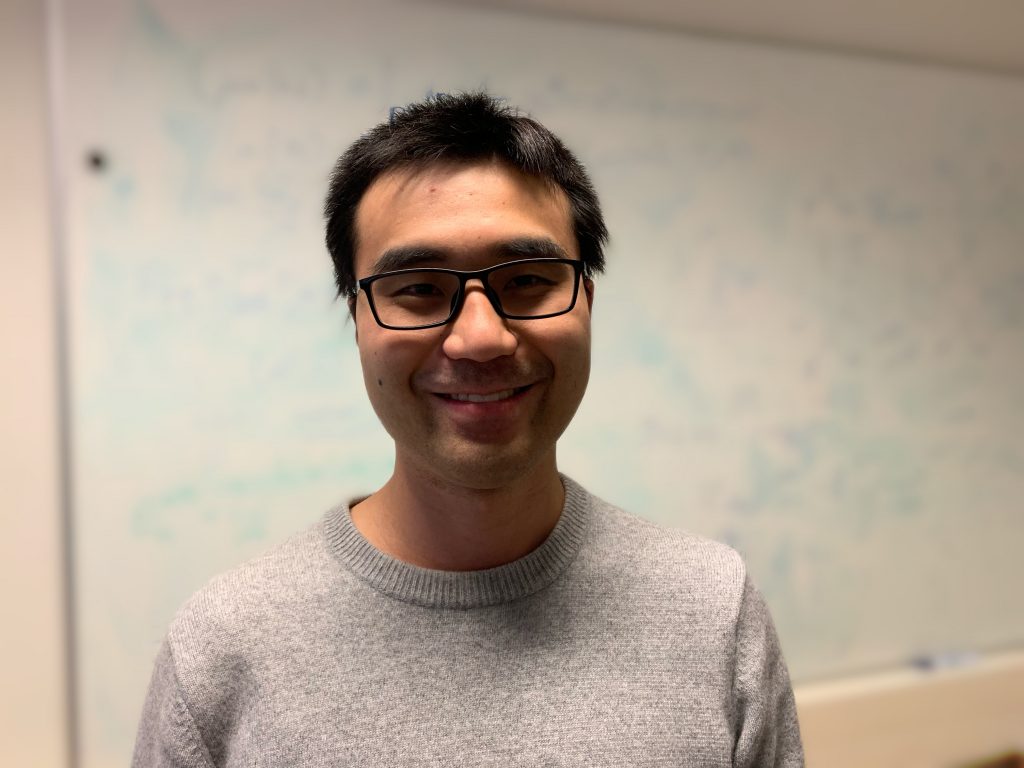
Speaker: Mr. Xiang Yuan
Université de Lille, CNRS – PhLAM – Physique des Lasers, Atomes et Molécules, France.
Short Bio: Xiang Yuan is a third-year PhD student in a joint program between University Lille, France, and Vrije Universiteit Amsterdam, Netherlands. His research focuses on developing relativistic correlated electronic structure approaches based on the coupled cluster ansatz for the calculation of molecular properties of ground and excited states, as well as on the use of reduced scaling approaches to enable large-scale calculations on heavy element systems.
Was Online, 29th October-05th November
Spectroscopy and energies of the ground and excited states of LuF by multireference methods
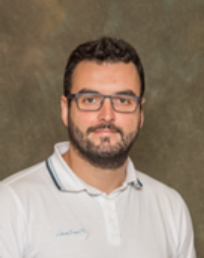
Dr. Nuno M.S. Almeida
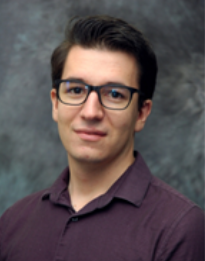
Timothé R.L. Melin
Michigan State University, Department of Chemistry, USA.
Short Bio: Dr. Nuno Almeida is a Research Associate at Michigan State University (MSU) under the supervision of John A. Hannah Distinguished Professor Angela K. Wilson. His current projects span from quantum mechanics to molecular dynamics, and heavy elements forbiologically relevant systems. He investigates the complex electronic structure of lanthanides and actinides using multireference methods. In addition, he is engaged in a number of drug discovery projects towards more impactful inhibitors for druggable proteins and receptors, including a partnership with a pharmaceutical company. Nuno received his B.S. and M.S. degree in chemistry from the Faculty of Sciences at the University of Porto, Portugal, and a Ph.D. from Heriot-Watt University in Edinburgh, Scotland.
Short Bio: Timothé Melin is in his last year of his doctoral studies at MSU in Professor Angela K. Wilson’sresearch group. His doctoral research focuses on the study of thermochemical properties of heavy elements (5d, lanthanides and actinides) using ab initio composite methods and DFT. He also employs relativistic Hamiltonians and multireference methods to investigate the bonding in lanthanide and actinide species. In addition, Timothé investigates gas-phase properties of a number of environmental contaminants using both ab initio and DFT methods and is engaged in the development of quantum dynamics approaches. Before coming to MSU, Timothé earned a B.S. degree from the University of Bordeaux, and a Masters in computational chemistry from the University of Paul Sabatier (Toulouse). After graduation, Timothé plans to return to Europe and welcomesdiscussions regarding job opportunities.
Material size dependence on fundamental constants
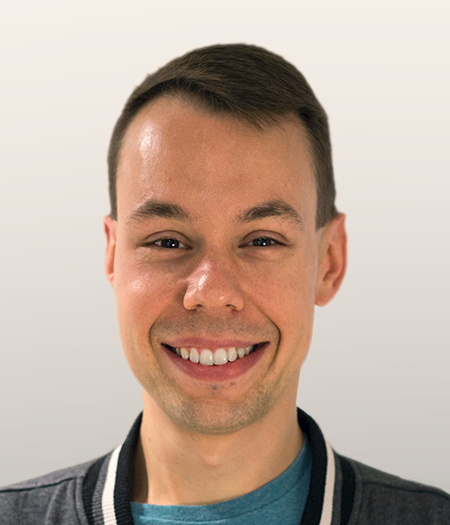
Speaker: Dr. Lukas F. Pasteka
Department of Physical and Theoretical Chemistry and Laboratory for Advanced Materials, Faculty of Natural Sciences, Comenius University, Bratislava, Slovakia.
Short Bio: Lukas is an assistant professor at the Faculty of Natural Sciences, Comenius University in Bratislava. He specializes in accurate calculations of atomic and molecular properties, particularly in high-precision spectroscopy, relativistic chemistry of heavy and superheavy elements and the searches for physics beyond the Standard Model.
Was Online, 24th September 2021 – 01st October 2021
Use of molecules to search for new physics and study nuclear properties
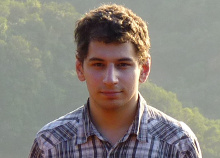
Speaker: Dr. Leonid V. Skripnikov,
Petersburg Nuclear Physics Institute, Russia & Department of Physics, Saint-Petersburg State University, Russia.
Short Bio: Dr. Leonid V. Skripnikov is a senior researcher in the laboratory of quantum chemistry (headed by A.V. Titov) at the Petersburg Nuclear Physics Institute and an associate professor in the division of quantum mechanics (headed by V.M Shabaev) at the Saint-Petersburg State University. He received his PhD in the group of A.V. Titov at Petersburg Nuclear Physics Institute in 2012. In 2019 he was included in the “Periodic Table of Younger Chemists” by IUPAC. Recently he was awarded a Kurchatov prize, Leningrad region governor’s prize, and the prize of the academic council of St. Petersburg State University.
Beyond the apparent simplicity of gold dihydride: probing the electronic structure of AuH2 with relativistic approaches
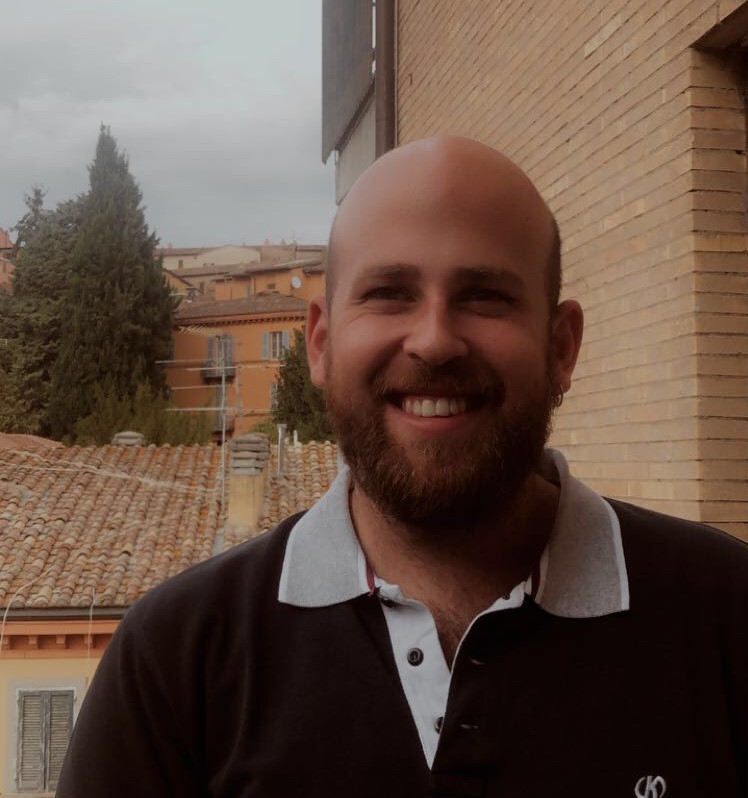
Speaker: Dr. Diego Sorbelli,
University of Perugia, Italy.
Short Bio: Diego Sorbelli is a second-year PhD student in Theoretical Chemistry and Computational Modelling at the University of Perugia, Italy. His research focuses on the theoretical study of the bonding, reactivity and spectroscopic properties of gold’s molecular compounds for their application as catalysts and optical devices.
Was Online, 27th August 2021 – 03rd September 2021
Band structures of 2D materials from efficient all-electron four-component Kohn-Sham theory using Gaussian-type orbitals
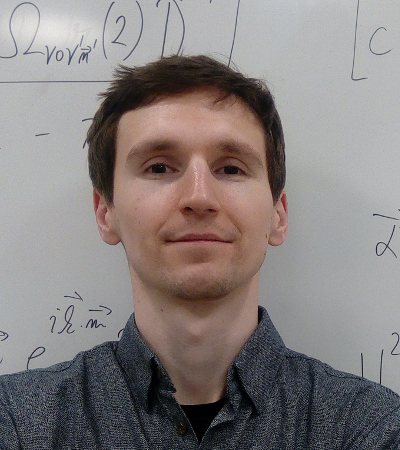
Speaker: Dr. Marius Kadek,
Hylleraas Centre for Quantum Molecular Sciences, UiT The Arctic University of Norway.
Department of Physics, Northeastern University, Boston, USA.
Short Bio: Marius Kadek received his PhD in the group of Kenneth Ruud at Hylleraas Centre for Quantum Molecular Sciences, Norway, where he developed relativistic first-principles methods for real-time electron dynamics and electronic band structures of spin-orbit-coupled solids. He was awarded a mobility fellowship from the Research Council of Norway to collaborate with Arun Bansil’s group on studying topological properties of 2D materials with strong spin-orbit coupling. Currently, he is an affiliated researcher at Northeastern University, Boston.
Was Online, 25th June 2021 – 02nd July 2021
The one-particle Dirac equation – A historical journey with many pitfalls
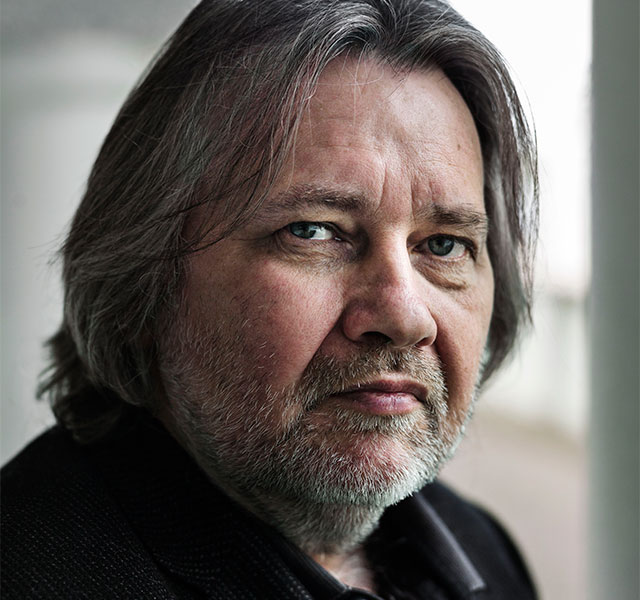
Speaker: Prof. Peter Schwerdtfeger,
Director of the Centre for Theoretical Chemistry and Physics (CTCP), Massey University, Auckland, New Zealand
Short Bio: https://en.wikipedia.org/wiki/Peter_Schwerdtfeger
Atomic Mean-field Spin-Orbit Approaches for the Exact Two-Component Theory: Two Paradigms
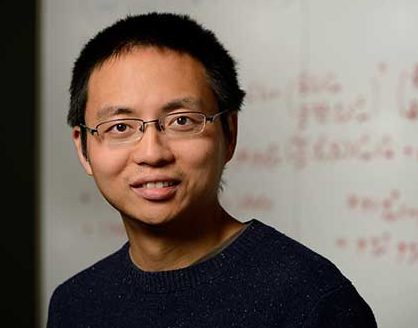
Speaker: Prof. Lan Cheng,
Johns Hopkins University, Baltimore, USA
Short Bio: Lan is an assistant professor in chemistry at the Johns Hopkins University. His group works on relativistic electronic-structure theory and molecular spectroscopy. Lan received his Ph.D. from Peking University and worked as a postdoctoral fellow at Johannes-Gutenberg Universität Mainz and the University of Texas at Austin.
Was Online, 28th May 2021 – 04th June 2021
Variational relativistic computations for atoms and molecules using an explicitly correlated Gaussian basis set
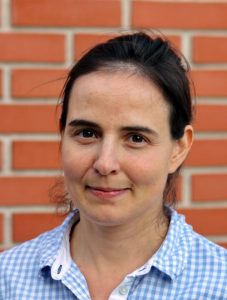
Speaker: Dr. Edit Matyus,
Eotvos Lorand University
Budapest, Hungary
Short Bio: Edit Matyus is working in the field of molecular spectroscopy and molecular physics [www.compchem.hu]. She has graduated from ELTE in Budapest and carried out research at ETH Zürich and in Cambridge. She is currently assistant professor and an ERC reserach group leader at ELTE. She is recipient of the 2021 Dirac medal of WATOC.
Ab-initio bulk properties of oganesson
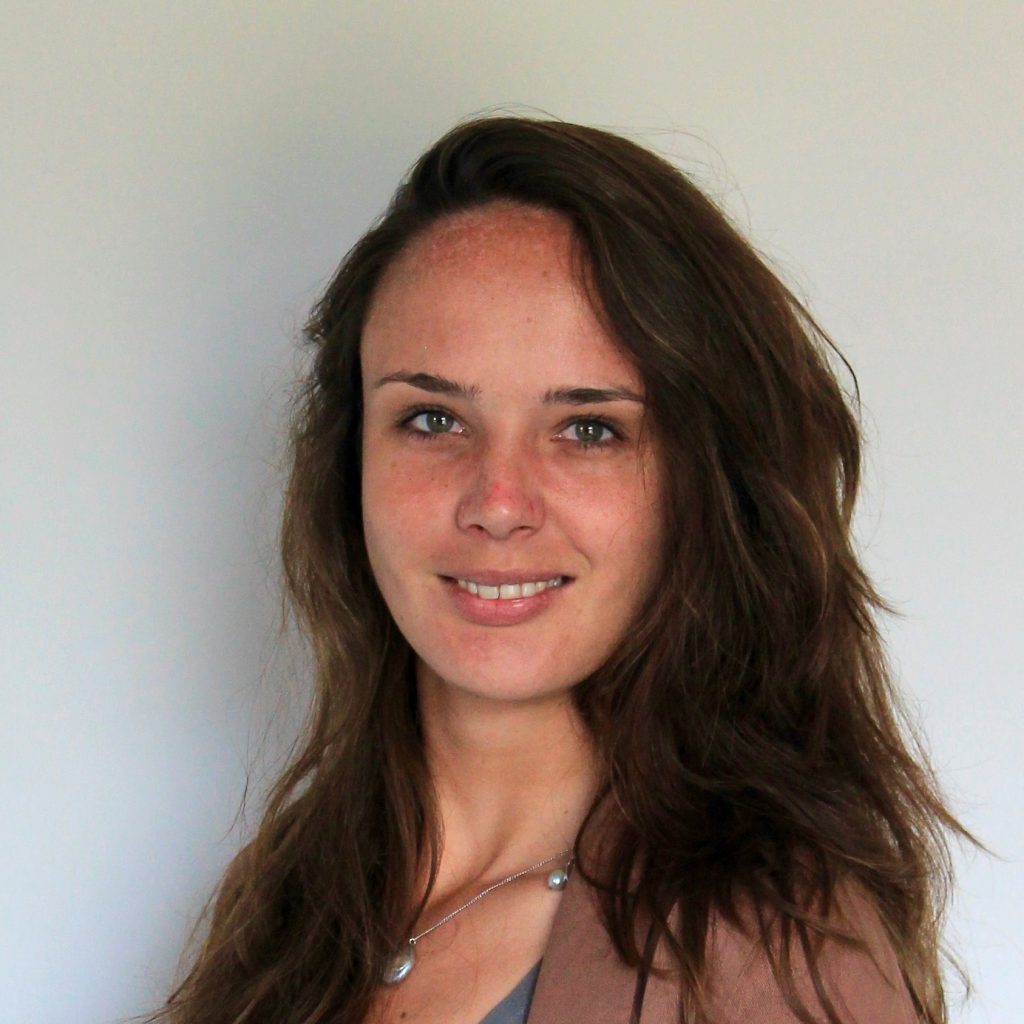
Speaker: Dr. Odile Smits,
Massey University, New Zealand
Short Bio: Odile Smits obtained her PhD in Peter Schwerdtfeger’s group (Massey University, New Zealand) on the melting temperature of the noble gases and is currently a Post-Doctoral researcher in the same group, studying the chemistry and physics of the heaviest elements in the remotest corner of the periodic table. From first principles she studies the bulk properties of elements like oganesson, copernicium and flerovium. From a relativistic description of the electron shellsshe studies the end of the periodic table.
